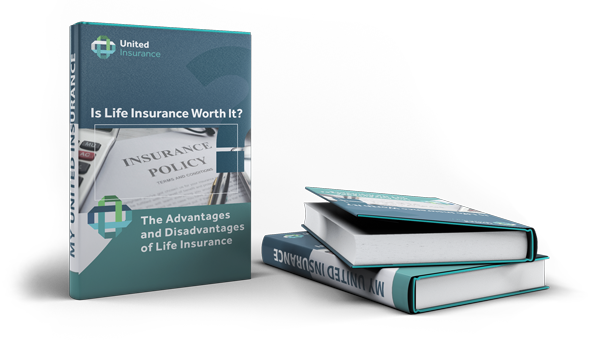
When it comes to life insurance, there are a few different types available. One of those is the Limited Pay Whole Life insurance policy. This type of policy has both advantages and disadvantages compared to other options like term life insurance. In this blog post, we will discuss the pros and cons of limited pay whole-life policies. You can then make an informed decision about what is best for you and your family.
Advantages
Fixed Premiums
It makes budgeting easier. Also, it avoids a situation where a dramatic premium increase later in life forces you to give up the coverage.
But there’s something even better than knowing your premiums will never increase—not having to pay any more premiums at all.
“Paid Up”
Whole life policies are structured so that, after enough premium payments have been paid, a policy becomes “paid up.”
At that point, you get to keep the coverage (and the cash value), but you no longer have any obligation to pay premiums.
An Asset
For financial planning and budgeting purposes, a paid-up policy is purely an “asset,” without any corresponding “liability” to pay premiums.

Disadvantages
The “catch” (if you want to call it that) is that most ordinary whole-life policies are set up to achieve paid-up status when the insured reaches an age he or she will probably never see—often 100 or 121 years old.
Except for the small minority of people who live past 100, that means premiums for most ordinary whole-life policies are effectively paid for life.
Insurance companies recognize that there are a lot of good reasons why you might want a policy that’s paid up before your 100th or 121st birthday.
And, with that in mind, some carriers offer an option that lets you pay a life insurance policy in full much earlier.
It’s called “limited pay life insurance”. It’s designed for folks who are willing to pay more early on to avoid further premiums later in life.
What is Limited Pay Life Insurance?
Limited pay policies are (usually whole life insurance policies) that schedule premium payments over a finite period.
Rather than paying premiums for as long as you live, you make payments over a predetermined period—most often, 10, 15, or 20 years or to age 65.
When the premium period ends, the policy is paid up. Coverage stays in place, and cash value continues to grow. But remember, payments from you to the insurance company are no longer necessary.
Limited pay policies are sometimes called “short pay,” “10-pay,” “20-pay,” etc. (however many years the premium term lasts).
Along similar lines, some insurers offer limited pay policies with premiums owed through a specific age (most commonly 65 years old). So, instead of paying premiums for ten or twenty years, you pay until you reach age 65.
A few companies allow policyholders to tailor limited pay policies even further. If an insured’s retirement plan contemplates retiring at age 72, for instance, a whole life policy could be set up to be paid up at precisely that age. Not all insurers allow this level of fine-tuning, though.
7 Years
As a general rule, the shortest premium period available for limited pay policies is seven years.
If a policy is paid-in-full earlier than that, the IRS considers it a “modified endowment contract” (as opposed to a life insurance policy), and the policy misses out on some of the valuable tax advantages afforded to life insurance.

Single Premium
Some carriers offer single-premium whole-life policies, which can be very beneficial under the right conditions. But single-premium whole life serves different purposes and is generally considered a separate creature from limited pay.
Within the insurance industry, “limited pay” is usually understood to refer to whole life insurance policies with shortened premium periods.
Like with any other whole life, you get fixed premiums, a permanent death benefit, and cash value that earns tax-deferred interest.
Guaranteed Universal Life (“GUL”) policies are also “limited pay” in the sense that coverage is permanent. With this premium obligations often cease during the insured’s life. GUL, though, is focused almost exclusively on the death benefit. It lacks some of the cash value advantages of limited-pay whole life.
This product can be a great investment for you and your family. Give us a call for a full breakdown.
